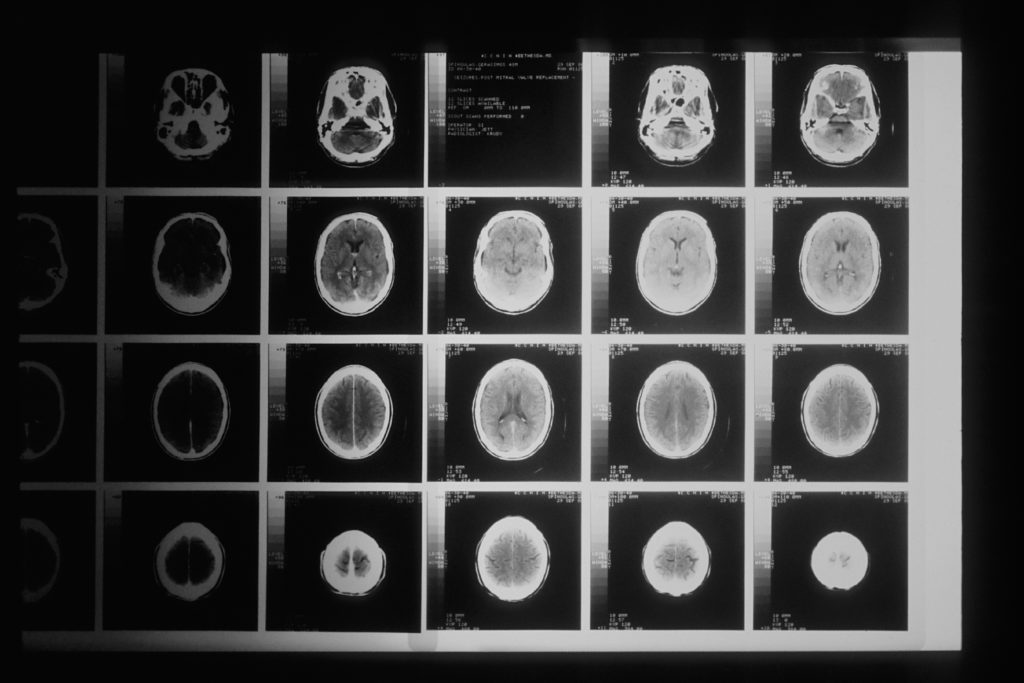Multiple system atrophy (MSA) is a rare and fatal neurodegenerative disorder. It affects the autonomic nervous system, which controls involuntary activities such as heart rate, blood pressure, and digestion. MSA can cause a wide variety of symptoms, which can make diagnosis difficult. In this article, we will discuss the symptoms, causes, and treatment of MSA disease.
The exact cause of MSA is unknown. However, it is believed to be caused by a combination of genetic and environmental factors. MSA is thought to be caused by the buildup of abnormal proteins in the nervous system. These proteins damage nerve cells and cause them to die. MSA is distinguished by the deterioration of various parts of the brain and spinal cord:
The cerebellum: This part of the brain controls balance and coordination.
The basal ganglia: These are a group of structures that control movement.
The autonomic nervous system: This controls involuntary activities such as heart rate, blood pressure, and digestion.
Although the exact origin of the deterioration is unknown, it is thought to be caused by a combination of genetic and environmental factors.

MSA can affect any part of the body. The condition can be categorized into three symptom clusters: cerebellar, Parkinsonian, and autonomic. The most common symptoms include:
Problems with balance and coordination: This is the most common symptom of MSA. People with MSA often have low blood pressure, difficulty walking, neurological disorders, autonomic nervous system dysfunction, and may fall frequently.
Muscle stiffness: This can cause problems with movement, such as difficulty writing or buttoning a shirt.
Slow movement: People with MSA may have a hard time initiating movements, such as getting out of bed or standing up from a chair.
Impaired speech: MSA can cause slurred speech or difficulty swallowing.
Bladder Control: People with MSA may have difficulty urinating or may leak urine.
Constipation: This is a common problem in people with MSA.
Sexual dysfunction: MSA can cause erectile dysfunction in men and loss of sexual desire in both men and women.
Orthostatic hypotension: This is a condition in which blood pressure drops when standing up, causing people to feel lightheaded or dizzy.
Muscle weakness: MSA can cause muscle weakness, which can lead to difficulty walking, movement disorders, or even paralysis.
Difficulty swallowing: MSA can cause difficulty swallowing, which can lead to weight loss and malnutrition.
Dizziness: MSA can cause dizziness or lightheadedness, which can make it difficult to stand up or walk.
Cardiac problems: MSA can cause heart arrhythmias or heart failure.
Fatigue: People with MSA often feel tired and may need to sleep during the day.
REM Sleep Behavior Disorder Depression: MSA can cause REM sleep behavior disorder depression, which can worsen other symptoms.
Anxiety: People with MSA may experience anxiety or panic attacks.
The symptoms of MSA can vary from person to person. They may also change over time. In some cases, the symptoms may be so mild that they’re not noticed for years. In other cases, the symptoms may be severe and progress quickly.

The cerebellar symptom cluster is characterized by problems with balance and coordination. People with MSA may have a hard time walking or standing up. They may also experience tremors, slurred speech, and difficulty swallowing.
The Parkinsonian symptom cluster is characterized by muscle weakness and problems with movement. People with MSA may have a hard time moving their arms or legs. They may also experience rigidity, tremor, and difficulty speaking.
The autonomic symptom cluster is characterized by problems with the autonomic nervous system. This can cause a wide range of symptoms, including bladder problems, sexual dysfunction, and orthostatic hypotension. Orthostatic hypotension is a condition in which the blood pressure drops when a person stands up.
MSA is a difficult disease to diagnose because it can mimic other conditions, such as Parkinson’s disease and Alzheimer’s disease. There is no single test that can diagnose MSA. Instead, the diagnosis is based on a combination of symptoms, medical history, and family history.
A diagnosis of MSA is based on a clinical assessment that takes into account your symptoms, medical history, and family history. There is no one test that can diagnose MSA.
There is no cure for MSA. However, there are treatments that can help relieve symptoms and improve quality of life. Treatment options include:
Medications: There are a variety of medications that can help relieve symptoms. These include dopaminergic drugs, anticholinergic drugs, and levodopa.
Physical therapy: Physical therapy can help improve balance and coordination.
Occupational therapy: Occupational therapy can help people with MSA learn new skills or adapt to their changing abilities.
Speech therapy: Speech therapy can help people with MSA who have difficulty speaking.
Nutritional counseling: Nutritional counseling can help people with MSA make sure they’re getting the nutrients they need.
Palliative care: Palliative care is specialized medical care that focuses on relieving symptoms and improving quality of life.
MSA is a progressive disease, which means it gets worse over time. There is no way to predict how fast the disease will progress. Some people may live for years with only mild symptoms, while others may experience rapid deterioration.
If you think you or someone you know may have MSA, talk to your doctor. Early diagnosis and treatment can improve quality of life and help people with MSA live longer, healthier lives.

MSA is a fatal disease. The average life expectancy from diagnosis is five to ten years. However, some people may live for 20 years or more.
While there is no cure for MSA, treatments are available that can help relieve symptoms and improve quality of life. If you think you or someone you know may have MSA, talk to your doctor. Early diagnosis and treatment are important for the best possible outcome.
There is currently no cure for MSA, but researchers are working to develop new treatments. If you would like to learn more about clinical trials for MSA, talk to your doctor or visit the website of the National Institutes of Health.
MSA is a difficult disease to live with, but treatments can help improve the quality of life. If you or someone you know has MSA, talk to your doctor about the best way to manage the disease. clinical trials for new treatments are ongoing, and there is hope for a cure in the future.
Articles You Might Enjoy Reading